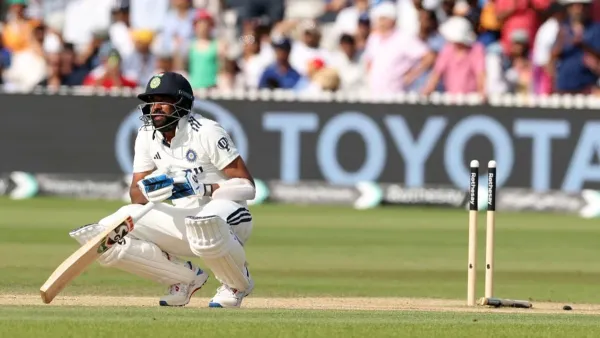People who eat very low fat food, like those who diet a lot or eat only boiled vegetables, may also have a deficiency of vitamin E. Know which diseases are at risk due to vitamin E deficiency.

Vitamin-E Deficiency: Vitamin E is an essential antioxidant that protects the body cells from free radicals and strengthens immunity. It is very important for the health of skin, eyes, muscles and brain. But if there is a deficiency of it in the body, then gradually many problems start emerging which can later take the form of serious diseases.
Vitamin deficiency often causes problems in digesting fat in the body. Since vitamin E dissolves in fat, in case of fat not being digested, vitamin E also does not mix properly in the body. This problem is usually seen in diseases related to liver, pancreas, or intestines such as celiac disease, Crohn's disease or gall bladder problems.
Why does Vitamin-E deficiency occur?
Dr. Ajit Kumar of the Medicine Department at GTB Hospital has told about this
1. Muscle weakness and pain
Due to the deficiency of vitamin E, the muscles do not get nutrition, due to which complaints of weakness, fatigue and muscle pain start occurring. This deficiency in the long run reduces the working speed of the muscles.
2. Nerves and neurological problems
This vitamin secures the nervous system. Its deficiency causes symptoms like numbness in hands and feet, tingling sensation, balance problems and difficulty in walking. These symptoms can point towards neurological disorders.
3. Weak immunity
Vitamin E activates and strengthens the immune system, but when it is deficient, the body's immunity weakens and infections start occurring repeatedly.
4. Vision related problems
A deficiency of this vitamin can affect eyesight. Especially with age, this deficiency can cause blurred vision and retina-related problems, which can gradually weaken the eyes.
5. Deterioration of skin and hair health
Vitamin E deficiency causes the skin to become dry and lifeless. It may cause irritation, itching or premature wrinkles. Dryness, hair loss and split ends can also be associated with this deficiency.
6. Anemia (lack of blood)
Vitamin E protects red blood cells from oxidative damage. Its deficiency causes cells to break down quickly, which increases the risk of anemia, especially in children and pregnant women.
What to eat in case of vitamin E deficiency: List of effective foods
Eat spinach and green leafy vegetables, almonds, eat 1 teaspoon sunflower seeds daily, avocado, eat nuts like walnuts, peanuts and pistachios. Use vegetable oils (Sunflower, Olive, Canola) in limited quantities for cooking. Fatty fish (Salmon, Mackerel) is an excellent source for non-vegetarians. Apart from this, take flax seeds and chia seeds, vitamin E supplements (if needed) when the diet does not provide sufficient amount of vitamin.
Take all the advice given here only after talking to a doctor, do not take it on your own.









